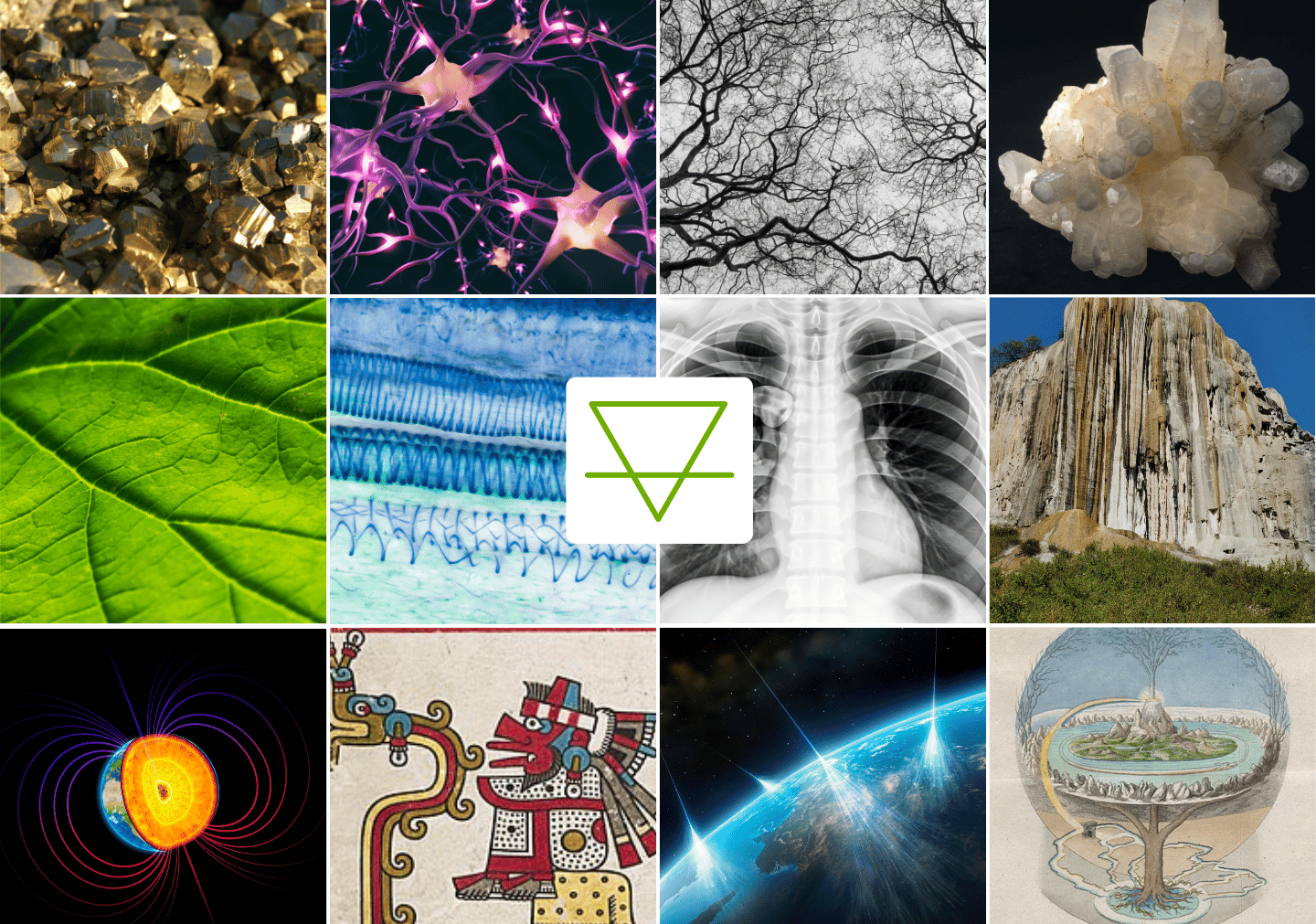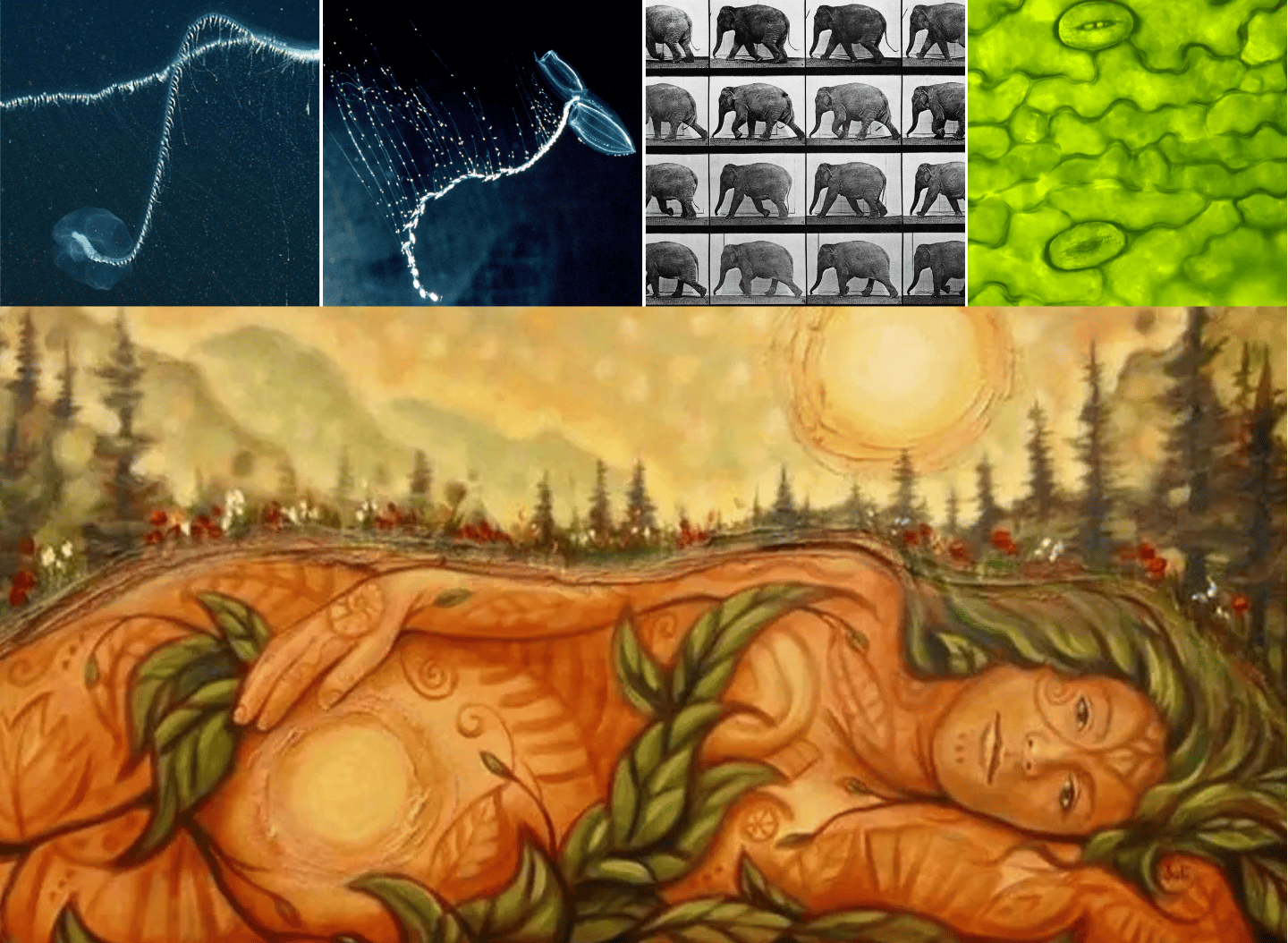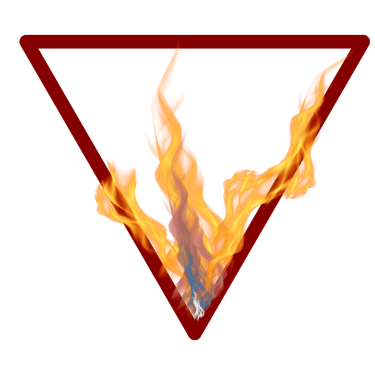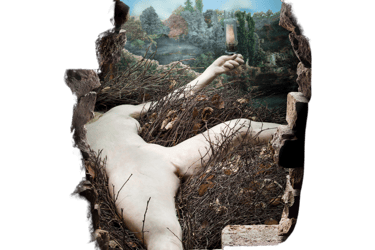mystery of




upon this Rock, I build my church / give you the keys to the kingdom /even Orpheus / charmed the gates of the underworld / with song / Odin hung himself / from the world tree / Yggdrasil for nine days and nights / all for knowledge / Prometheus stole fire / from Mount Olympus / tried to control the world / the feathered serpent deity / flew from a rock / with keys / fire / knowledge / on a ship of snakes.
THE ORDER OF OPERATIONS
The following mythological and ritual terms detail the symbolic significance of the Kingdom.
(1) Hover over an image to reveal the button.
(2) Click the button to read the poem snippet + the term.




Yggdrasil
in Norse mythology, Yggdrasil is the world tree, a giant ash supporting the universe. The tree connects the nine worlds, including the underworld, the earth, and the realm of the gods.
Asthenoshpere
the upper layer of the earth’s mantle, below the lithosphere (60 miles to 450 miles below Earth’s surface). It is mechanically weak and believed to be much hotter and more fluid than the lithosphere, lubricated from the heated core which aids the movement of tectonic plates.
Quetzalcóatl
a Mesoamerican creator god, the name comes from Nahuatl word quetzalli, “tail feather of the quetzal bird” and coatl, “snake”, commonly called the Feathered Serpent, one of the major deities of the Aztec pantheon, Quetzalcóatl ruled over the days that bore the name ehécatl (“wind”).
Lithosphere
The lithosphere is the solid, outer part of Earth. The lithosphere includes the brittle upper portion of the mantle and the crust, the outermost layers of Earth’s structure.
Lignin
an organic polymer abundant in cell walls. Among many biological functions, lignin provides mechanical support and resistance to various stresses as well as facilitates water transport in cells. Cf. polypropylene.
Calcite
a common constituent of sedimentary rocks, like limestone, formed from the shells of dead marine organisms.
Pyrite
commonly referred to a ‘fool’s gold.’ Pyrite is a naturally occurring iron disulfide mineral that sparks when struck by metal. The word comes from the Greek word pyr, meaning fire.
Siphonophores
a group of animals that includes corals and jellyfish, some siphonophores are the longest animals in the world, reached as long as forty meters. Most are deep water species with digestive systems that can be seen inside their transparent tissue. Some are bioluminescent due to the lack of light in the layer of ocean they reside.
Quantum Fields
a fundamental concept in theoretical physics, describing an omnipresent, mathematical "fluid" that fills all of spacetime. Particles are not independent entities but rather quantized excitations or ripples in these fields. When a field gains energy, these localized disturbances manifest as particles, such as a disturbance in the electron field becoming an electron.
The Earth Element
The Western (early modern) alchemical symbol for earth is a downward-pointing triangle bisected by a horizontal line (🜃). Other symbols for the earth in alchemy or mysticism include the square and the serpent.
Pylons
a large, vertical, load-bearing tower that supports structures like bridges, high-voltage power lines, or even acts as a monumental entryway. Often made of steel or concrete, pylons serve as a crucial support system, transferring weight to the foundations and withstanding external forces like wind and water.
I.
Upon this rock, I build your legs
and toes, by boiling a brew of meat
and magma, that leaks from earthen
umbilical cords, severed at the slit
of asthenosphere plates as ankles
and lithospheric ligaments for calves.
As the cement settles, it traps your
legs as pylon supports for the Bridge,
destined to become porous after eons
of hurricane squalls, when my daughter
Tide will ready gloves to handle you,
Collotype
a gelatin-based photographic printing process invented by Alphonse Poitevin in 1855 to print images in a wide variety of tones without the need for halftone screens.[1][2] The majority of collotypes were produced between the 1870s and 1920s.[3] It was the first form of photolithography
Stoma
a tiny pore on the surface of a leaf that allows for gas exchange, photosynthesis, and transpiration. Each stoma is surrounded by two guard cells that regulate its opening and closing in response to environmental factors like light, carbon dioxide levels, and water availability.
Pachamama
In the era of the Incas, Quechua was the lingua franca. From this ancient language comes the word Pachamama, with ‘Pacha’ translating to ‘universe,’ ‘world,’ or more commonly, ‘earth,’ and ‘Mama’ meaning ‘Mother.’ Therefore, Pachamama can be understood as ‘Mother Earth,’ a nurturing, life-giving entity central to the Andean worldview.
Ready-Made Poems
Exploring modernity through poetry and visual art.
Sara Cahill Marron Poetry Est. 2013
© 2025. All rights reserved.










